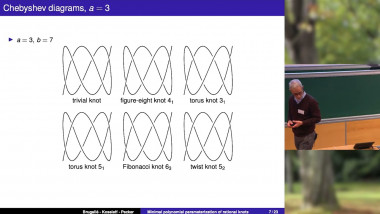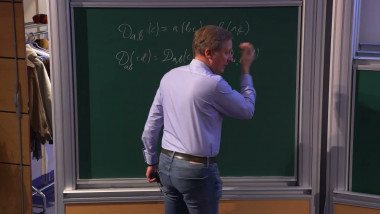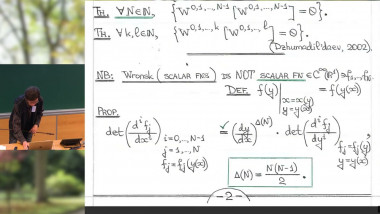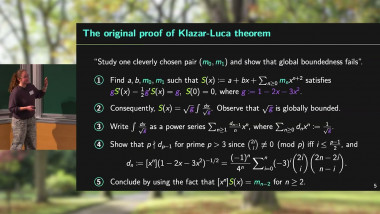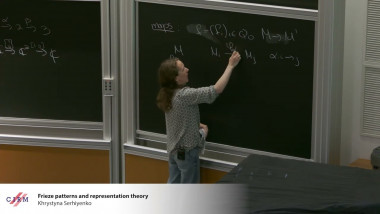Appears in collection : Arithmetic, Geometry, Cryptography and Coding Theory / Arithmétique, géométrie, cryptographie et théorie des codes
In the 1930’s, in the course of developing non-commutative algebra, Ore introduced a twisted version of polynomials in which the scalars do not commute with the variable. About fifty years later, Delsarte, Roth and Gabidulin realized (independently) that Ore polynomials could be used to define codes—nowadays called Gabidulin codes—exhibiting good properties with respect to the rank distance. More recently, Gabidulin codes have received much attention because of many promising applications to network coding, distributed storage and cryptography.
The first part of my talk will be devoted to review the classical construction of Gabidulin codes and present a recent extension due to Martinez-Penas and Boucher (independently), offering similar performances but allowing for transmitting much longer messages in one shot. I will then revisit Martinez-Penas’ and Boucher’s constructions and give to them a geometric flavour. Based on this, I will derive a geometric description of duals of these codes and finally speculate on the existence of more general geometric Gabidulin codes.
